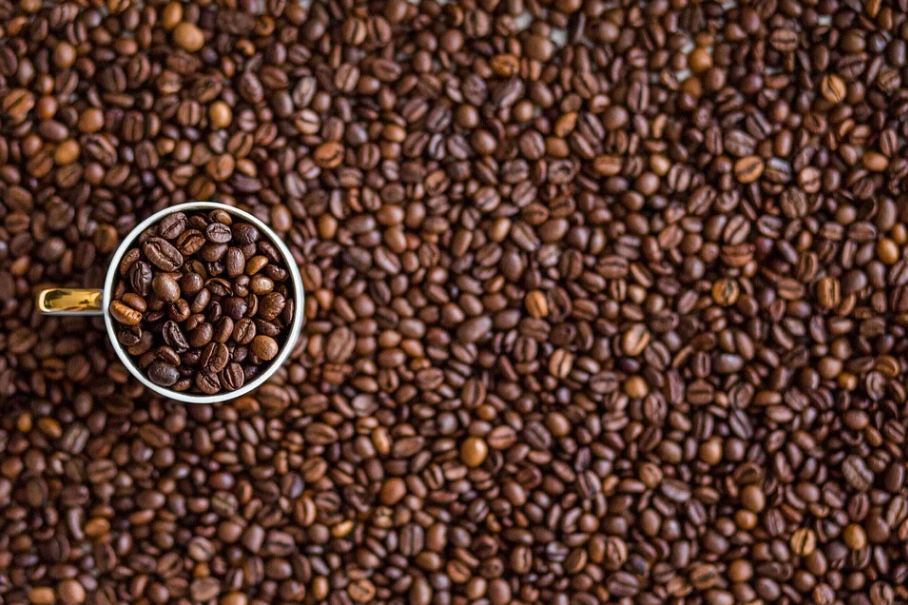Consumed by people of all ages and walks of life, coffee is one of the most popular beverages in America. Some drink it to jump-start their day, some drink it as a digestive after dinner, some drink it to stay warm, and some cannot function without a caffeine kick.
While we all know how famous coffee is, you would be surprised to hear how many cups of coffee are consumed by Americans every day. According to statistics, about 400 million cups of coffee are consumed by Americans throughout the States per day. Though coffee consumption patterns may vary from person to person, a survey by Statista shows that an average American coffee-consumer drinks about 2.7 cups every single day.
However, is this intake of coffee safe? To ensure you can enjoy your cup of coffee with little to no health repercussions, let’s have a look at how much coffee is too much and ways to cut down excess coffee intake.
How Much Coffee is Too Much?
Coffee has a complex biochemical composition, containing over 1000 bioactive compounds. Many of these compounds have therapeutic antioxidant and anti-inflammatory effects on our bodies.
Caffeine is one of the primary active compounds in that mixture. It is a powerful stimulant and antioxidant that can increase brain function and enhance focus. However, if overdosed, caffeine can create both short-term and long-term ill effects. Therefore, it is incredibly essential to keep a check on your coffee intake. Too much coffee can directly result in caffeinating – overconsumption of caffeine. So how much coffee is too much?
Studies reveal that up to 400 milligrams (mg) of caffeine a day is safe for most healthy adults. With a traditional cup of coffee containing around 75 milligrams (mg) of caffeine, avoid taking more than four cups of brewed coffee a day. However, if you’re a female who’s pregnant or trying to conceive, we recommend cutting back your coffee intake to a maximum of 2 cups a day to keep your caffeine intake less than 200 milligrams (mg). Doctors also recommend not consuming more than two cups of coffee for nursing mothers. Children and adolescents, on the other hand, should avoid regular coffee or coffee at all.
Why is Excess Coffee Intake Harmful?
Coffee, in general, has several positive effects on our health. Studies reveal multiple health benefits, including improved cognitive function and physical performance. Some researchers also suggest that coffee drinkers who consume coffee within safe levels have a lower risk of developing diseases like type 2 diabetes, Alzheimer’s, and Dementia.
However, like all other beverages or food, coffee too must be consumed within a limit. When taken outside safe levels, coffee can increase your risk of developing cardiovascular diseases like hypertension. They may also cause over-caffeinating characterized by the followings signs and symptoms:
- Headache
- Dizziness
- Nausea
- Nervousness
- Irritability
- Frequent bathroom trips
- High blood pressure
- Muscle tremors
Some Tips for Cutting Back Excess Coffee Intake
If you are drinking six or more cups of coffee, it is high time to cut back that intake. However, you cannot go cold turkey with coffee as an abrupt change in your consumption might cause your body to experience withdrawal symptoms because of caffeine. To make the transition from six cups of coffee every day to two cups to none, we have listed some tips that might help curb your habits.
Take it slow
If you rush the process and try to cut back on caffeine at once, your body will go into withdrawal, and you will become irritated and restless. Start with cutting back one cup of coffee every week. These breaks will allow your body enough time to get used to lower amounts of caffeine gradually.
Brew the coffee for less time
The more you brew your coffee, the stronger it gets in terms of caffeine content. Shortening the brewing time means lowering the amount of caffeine in your coffee.
Switch to decaf
Decaffeinated coffees taste and look somewhat similar to caffeinated ones. The taste can fool your body into believing that it is getting its usual amount of caffeine.
Reward yourself
Set milestones, and every time you cut back one coffee cup, reward yourself with a dessert or spa!
The Takeaway
Coffee has a myriad of health benefits, but when overconsumption can cause long-term detrimental effects on your body. Studies have found that drinking four or more cups of coffee every day can raise your risk of developing cardiovascular diseases and induce some symptoms. Therefore, keep your coffee intake low and enjoy that caffeine kick under a limit for a healthy yet joyful life!




